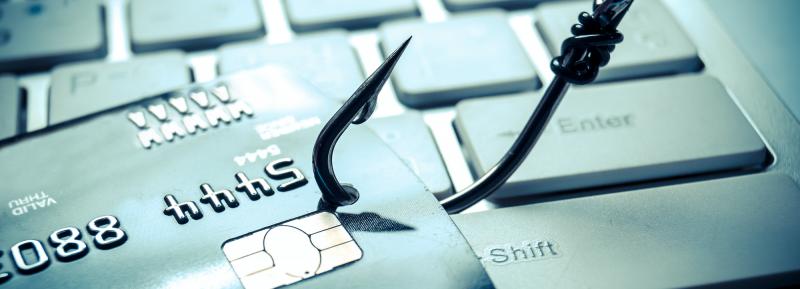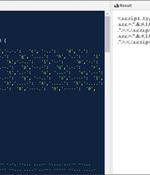Security News

Research shows that the cost of phishing attacks has nearly quadrupled over the past six years: Large U.S. companies are now losing, on average, $14.8 million annually, or $1,500 per employee. What businesses shell out for extortion payments in ransomware attacks or what gets jimmied out of them in fraudulent BEC wire transfers are both just portions of the true costs of phishing attacks, according to the study, titled The 2021 Cost of Phishing.

The US Financial Industry Regulatory Authority warns US brokerage firms and brokers of an ongoing phishing campaign impersonating FINRA officials and asking them to hand over sensitive information under the threat of penalties. In a notice issued on Friday, the US financial industry regulator said that the phishing messages are being sent from multiple domains impersonating FINRA official sites.

Cyberattackers are using Google's reCAPTCHA and fake CAPTCHA-like services to obscure various phishing and other campaigns, according to researchers. CAPTCHAs are familiar to most internet users as the challenges that are used to confirm that they're human.

Threat actors are using compromised WordPress websites to target manufacturers across Asia with a new spear-phishing campaign that delivers the Warzone RAT, a commodity infostealer available widely for purchase on criminal forums, researchers have found. The threat group Aggah, believed to be affiliated with Pakistan and first identified in March 2019, is delivering the RAT in a campaign aimed at spreading malware to manufacturing companies in Taiwan and South Korea, according to new research from threat detection and response security firm Anomali.

The problem with spear phishing it that it takes time and creativity to create individualized enticing phishing emails. Researchers are using GPT-3 to attempt to solve that problem: The...

Microsoft has disclosed details of an evasive year-long social engineering campaign wherein the operators kept changing their obfuscation and encryption mechanisms every 37 days on average, including relying on Morse code, in an attempt to cover their tracks and surreptitiously harvest user credentials. The phishing attacks take the form of invoice-themed lures mimicking financial-related business transactions, with the emails containing an HTML file.

Microsoft has disclosed details of an evasive year-long social engineering campaign wherein the operators kept changing their obfuscation and encryption mechanisms every 37 days on average, including relying on Morse code, in an attempt to cover their tracks and surreptitiously harvest user credentials. The phishing attacks take the form of invoice-themed lures mimicking financial-related business transactions, with the emails containing an HTML file.

Microsoft says that a year-long and highly evasive spear-phishing campaign has targeted Office 365 customers in multiple waves of attacks starting with July 2020. The ongoing phishing campaign lures targets into handing over their Office 365 credentials using invoice-themed XLS.HTML attachments and various information about the potential victims, such as email addresses and company logos.

It's easy to see why Mitch got snookered: The real BriansClub site is currently not at the top of search results when one queries that shop name at Google. In late 2019, BriansClub changed its homepage to include doctored images of my Social Security and passport cards, credit report and mobile phone bill information.

Patch bypass flaw in Pulse Secure VPNs can lead to total compromiseThe patch for a vulnerability in Pulse Connect Secure VPN devices that attackers have been exploiting in the wild can be bypassed, security researcher Rich Warren has found. Vulnerable TCP/IP stack is used by almost 200 device vendorsResearchers have discovered 14 new vulnerabilities affecting the proprietary NicheStack TCP/IP stack, used in OT devices such as the extremely popular Siemens S7 PLCs. A look at the 2021 CWE Top 25 most dangerous software weaknessesThe 2021 Common Weakness Enumeration Top 25 Most Dangerous Software Weaknesses is a demonstrative list of the most common issues experienced over the previous two calendar years.